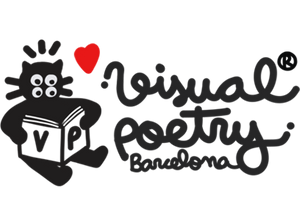Organic clothes for our baby
Aug 20, 2019
Clothing made with organic cotton is chemical free, being less prone to chafing or allergies and an ideal alternative to atopic skin.
Many of us are mothers and fathers and we know what it is to love a child (or more than one). In his first days of life we are his eyes and his hands, we care about his health and everything around him.
Having children is not easy, an instinct of protection, love and infinite love is born in us. One of the first things we do when they are born is to put on a body, pijamas or some cloth to wrap it. In short, we added an external element to their body that they were not accustomed to.

Baby clothes become part of your life, and its compounds: fibers, artificial dyes or chemicals will rub your back, your legs, your arms.
What does ecological clothing mean? organic cotton?
Organic cotton plantations do not use chemicals and consume half the water of conventional cotton plantations.
Organic clothing uses fabrics that from its plantation to its elaboration are free of products and chemical agents, so they are less likely to produce allergies or chafing.
Organic cotton is grown with seeds that are not transgenic and are harvested without toxic substances such as fertilizers, insecticides or pesticides of petrochemical origin. Another big difference is that water management for irrigation of organic crops is done more efficiently, saving 50% of water compared to a conventional cotton crop.
What is the Standard Oeko-Tex certificate?
It is an international certificate that guarantees that garments have been produced without chemicals and organic materials.
The term Oeko-tex Standard 100 is used to certify that textile products do not use substances harmful to health, such as chemical products, through both European and global regulations that standardize at the security level a series of requirements to be part of the eco-label

Visual Poetry Barcelona has this certificate, you can see our commitment to sustainability here.
When did you start using organic cotton?
Organic cotton was common until the industrial revolution, when pesticides and more aggressive cultivation techniques were developed.
In the past there were no chemical pesticides derived from petroleum and plantations were free of these highly toxic compounds, but due to the industrial development of the early twentieth century they began to be used constantly damaging and contaminating the earth and aquifers.
Starting in the 90s, some countries such as the United States and Turkey began with organic cotton crops as an alternative to the more widespread production model.
As consumers it is in our hands to choose one type of product or another. If you have any questions or want to make a suggestion, do not hesitate to comment.


